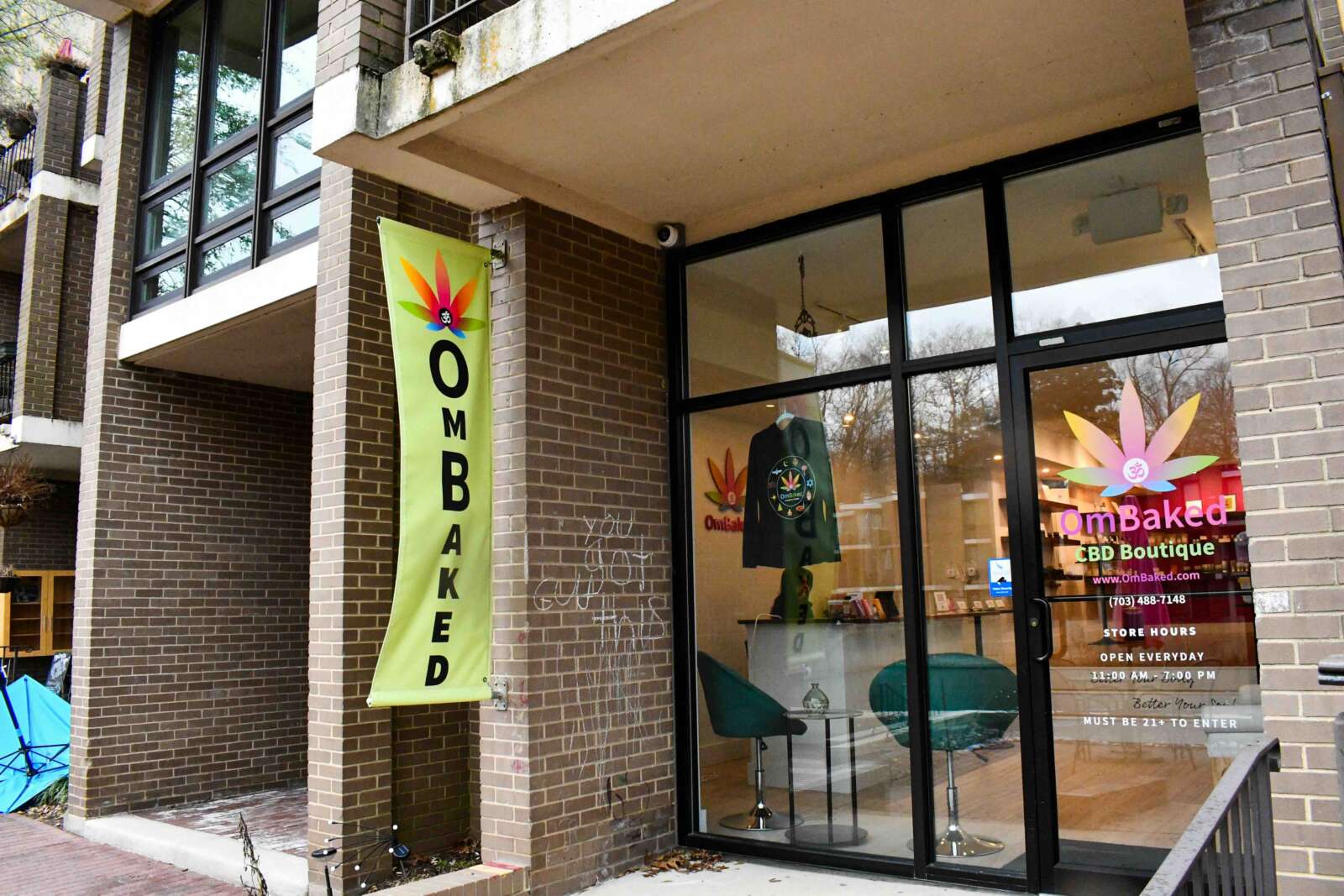This is a sponsored post by Dr. Elizabeth Arguelles, veterinarian and owner of Just Cats Clinic at Lake Anne Plaza.
Does your cat ever have issues with an upset stomach? Do they vomit on occasion or even have diarrhea sometimes? If you answered yes to either of those questions, your cat may have an underlying gastrointestinal issue.
One of the most common in cats is IBD, or Irritable Bowel Disease. IBD can be very uncomfortable for your cat, but learning to recognize the symptoms of a flare up can help you manage the symptoms and keep your cat more comfortable.
What is IBD?
IBD is not actually a single disease. Instead, the term refers to a group of chronic gastrointestinal (GI) disorders that are caused by an infiltration of inflammatory cells into the wall of a cat’s gastrointestinal tract.
These cells cause a thickening of the digestive tract lining. They also inhibit digestion, as well as the normal absorption and passage of food. Though it can affect cats at any age, IBD is more commonly seen in felines that are middle-aged or older.
What causes IBD?
What actually causes the infiltration of inflammatory cells is not currently known. It may occur as a result of the body’s response to bacteria or parasites. Or it may be due to an allergy to certain ingredients in your cat’s food. IBD could also be caused by an underlying abnormality in your feline’s immune system.
What are the symptoms?
Regardless of what causes IBD, it is important to recognize the symptoms. They can vary considerably, because they often depend on which part of the cat’s GI tract is affected. If it is the stomach or upper small intestine, your cat may vomit when the disorder flares up. If it is the lower small intestine, soft stools or diarrhea will typically be the main symptom. If the colon or the large intestine is affected, your kitty may have diarrhea with blood and mucous present in the stool. In some cases, the IBD affects the entire GI tract with intermittent but chronic vomiting being the primary indicator. Weight loss and decreased appetite can be commonly seen as well.
How is IBD diagnosed?
If your cat has any symptoms of GI distress whether it’s vomiting, weight loss, or diarrhea, it’s important to take your cat to the vet for a physical exam. Your vet will most likely perform blood work, a urinalysis and fecal testing to rule out any other causes of the symptoms. Radiographs or ultrasound may also be needed to ensure there are no foreign bodies in the GI tract and to access what the GI tract looks like.
Once all other diseases or causes have been ruled out, your vet will likely recommend GI biopsies for a confirmed diagnosis. This is the only definitive way to diagnose IBD. In cats with IBD, the biopsy will often reveal the amount and type of the inflammatory cells in the stomach or the intestinal wall. This can either be done surgical or via endoscopy/colonoscopy.
Both are valid options and may depend on your particular cat’s systems to determine which is best. Surgical biopsies are typically preferred because it allows the veterinarian to see the full GI tract and take fuller biopsies. Endoscopy and colonoscopy will not allow access to certain parts of the GI tract and do not take as thick of samples for biopsies, which can lead to inconclusive results.
How is IBD treated?
Treatment is essential to controlling IBD and minimizing the effects. If left untreated, chronic inflammation can lead to further damage in the GI tract.
Diet management is the first component to treating IBD. Some cats are able to manage their symptoms primarily with a diet change and the type of diet will depend on your particular cat varying from prescription diets to high quality over the counter food. It’s all about what works for your cat’s symptoms.
Many cats at some point in their IBD treatment will require medications to help control their symptoms. Anti-nausea medications, anti-inflammatory medications, and probiotics can all be helpful in treating your cat’s IBD.
Additionally, certain alternative therapies like acupuncture can help alleviate symptoms and keep your cat feeling their best.
Can IBD be cured?
Unfortunately not, but it can be managed to help your cat live a happy and healthy life. Through an appropriate mix of medications, careful monitoring and working closely with your veterinarian, you can greatly reduce the effect IBD has on your cat.






